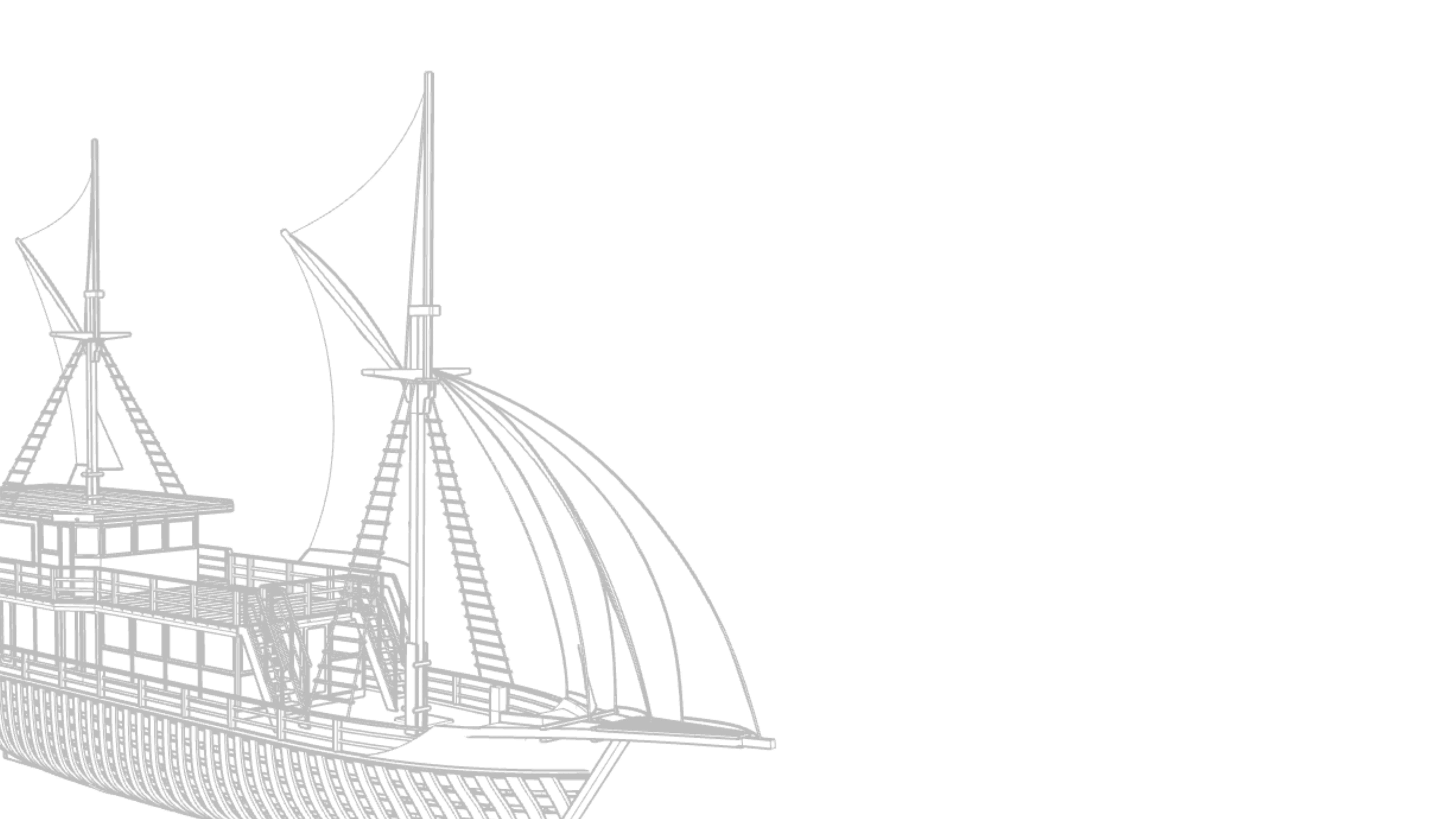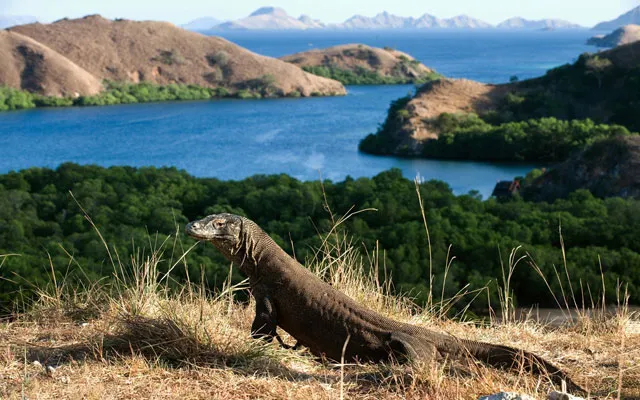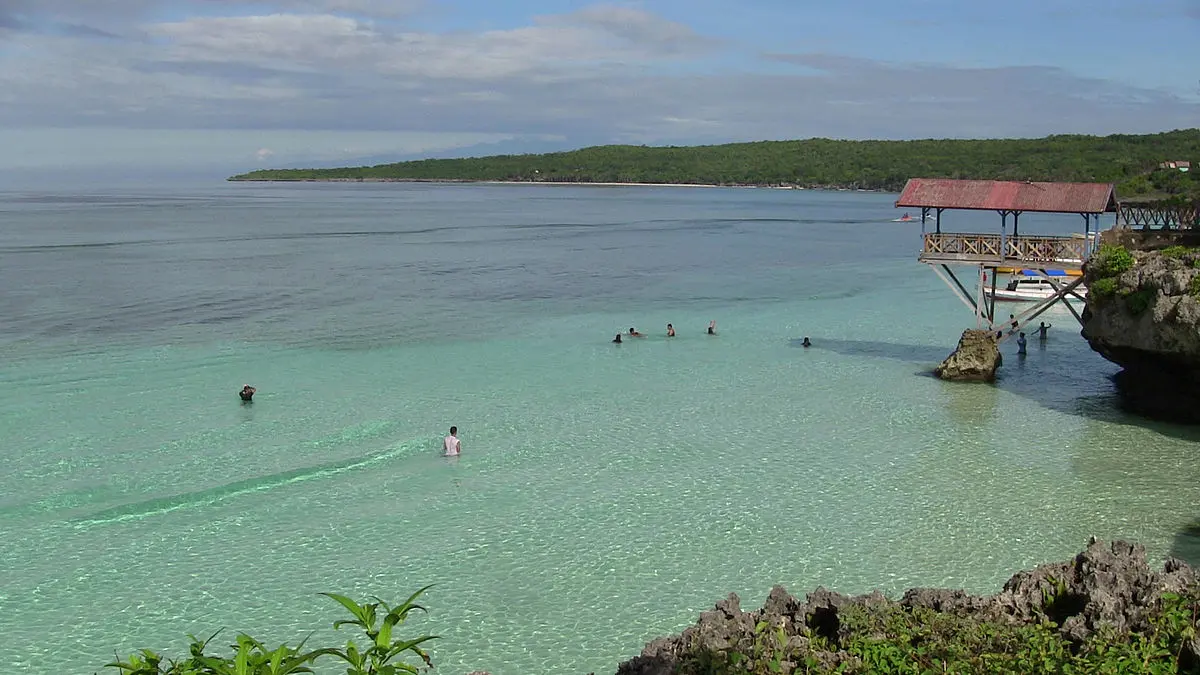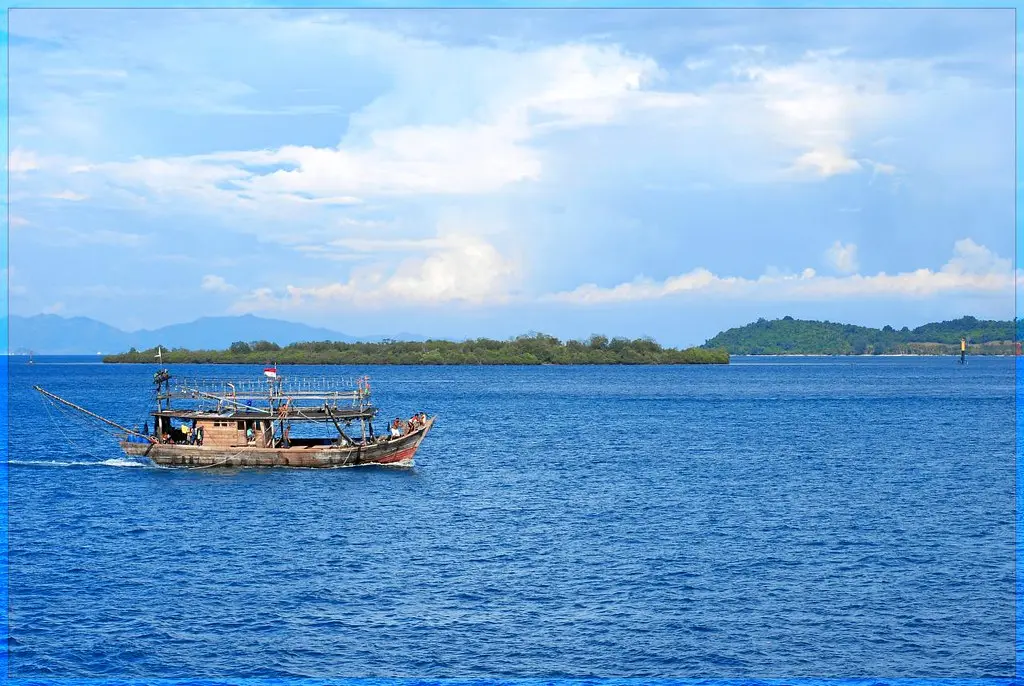Who Are Indonesia’s Sea Nomads? Discover the Bajau People’s Ocean Life
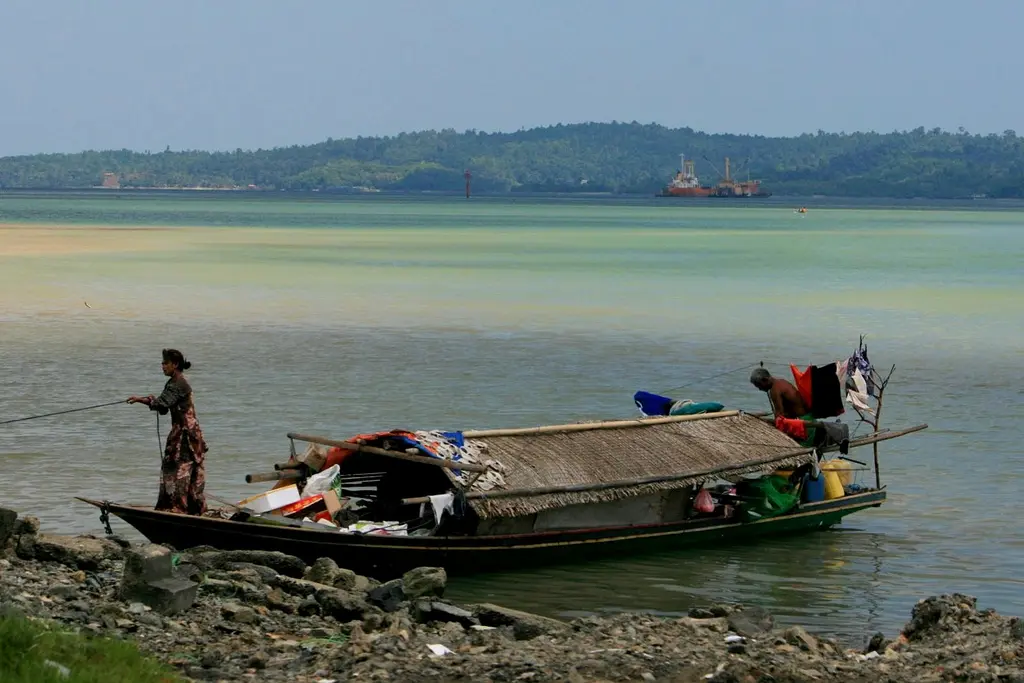
Indonesia sea nomads—known widely as the Bajau people—have lived for centuries in harmony with the ocean. From houseboats drifting across turquoise waters to free-diving skills passed down through generations, their life is a fascinating blend of tradition, resilience, and deep ecological wisdom. Curious how they survive and thrive entirely at sea? Keep reading the full article here to uncover their extraordinary ocean-based way of life.
Where Do the Bajau Live?
The Bajau, often referred to as Indonesia’s sea nomads, are spread across several regions in Southeast Asia—particularly in the waters of Indonesia, Malaysia, and the Philippines. In Indonesia, you can find Bajau communities in Sulawesi, Kalimantan, and the eastern islands like the Maluku and Nusa Tenggara regions.
These areas are rich in marine biodiversity and serve as the perfect environment for their seafaring lifestyle, allowing them to live in close relationship with the ocean that provides their food, shelter, and identity.
Read Also: 10 Unique Bajau Tribe Facts About How They Live at Sea
Differences Between Boat-Dwelling and Stilt House Lifestyles
While all Bajau are closely connected to the sea, their living arrangements can differ depending on region and resources:
- Boat-dwelling Bajau live on houseboats called lepa-lepa. These floating homes move with the tides and seasons, offering mobility for fishing and relocation.
- Stilt house Bajau build wooden homes on stilts over shallow waters near coastlines, allowing easier access to land while staying close to the sea.
6 Fascinating Facts About Indonesia's Sea Nomads
Curious about what makes the Bajau way of life so unique, Voyagers? These Indonesia sea nomads live in a way few others on Earth do—entirely connected to the rhythms of the sea. Let’s explore how.
1. Life Entirely on the Water
For the Bajau, the sea isn’t just a place for fishing—it’s home. Generations of Bajau have lived aboard traditional wooden boats, sleeping under the stars and preparing meals with the sound of waves as their soundtrack.
Children grow up on deck, learning how to swim and paddle almost as early as they learn to walk. Even those who now live in stilt houses still spend most of their days at sea, sustaining a lifestyle built entirely around the ocean.
2. Master Free Divers and Ocean Navigators
Bajau divers are famous for their unmatched ability to hold their breath for minutes at a time while diving to remarkable depths without equipment. Some can dive as deep as 20–30 meters using only traditional goggles and handmade spears.
From a young age, children learn how to read tides, currents, and reef patterns. This ancestral knowledge allows them to navigate without modern tools—using stars, wind, and water as their guide.
Read Also: The History of Phinisi: World-Class Cultural Heritage of Bulukumba
3. Their Bodies Have Adapted to the Sea
Voyagers, what’s even more fascinating is that the Bajau have undergone biological adaptations due to their deep-sea lifestyle.
Scientific studies have shown that they have larger spleens—an evolutionary trait that helps them store more oxygen and stay underwater longer. These genetic changes are a rare, living example of how humans can physically adapt to their environment over time.
4. Cultural and Spiritual Beliefs Tied to the Sea
To the Bajau, the ocean isn’t just a source of survival—it’s sacred. Many believe in sea spirits and hold rituals to ask for protection or safe travels. Elders share stories passed down through generations, keeping alive a deep spiritual connection with nature.
These beliefs are interwoven into their fishing practices, boat launching ceremonies, and daily life, reinforcing harmony between humans and the sea.
5. Sustainable Living and Fishing Practices
The Bajau know that overfishing means risking their future. That’s why traditional fishing methods—like rotating fishing grounds and respecting breeding seasons—are part of their way of life.
Many still use handmade nets or spears and avoid exploiting marine resources. This sustainable approach, passed on through generations, helps protect the biodiversity of their marine environment.
Challenges Faced by the Bajau Today
Even with their deep wisdom and resilience, modern pressures are threatening the Bajau way of life. Voyagers, these challenges are real—and urgent:
- Climate change and rising sea levels
- Coral reef degradation
- Government resettlement policies
- Loss of access to traditional fishing grounds
- Discrimination and lack of formal recognition
- Disruption of traditional knowledge systems
Read Also: Live Like a Bajau Sea Nomads: A Cultural Ocean Journey
How You Can Experience Bajau Culture Responsibly
As a Voyager seeking meaning through travel, there’s a respectful and enriching way to connect with Bajau culture. Ethical travel doesn’t just observe—it participates and uplifts. Through guided cultural ocean journeys with Riara Marine, you can:
- Learn traditional fishing techniques and marine wisdom directly from the community
- Visit villages built on stilts and sail aboard Bajau-inspired boats
- Join hands-on sessions at our Boat Construction Workshop
- Understand the challenges they face—and how we can support their sustainability
By choosing responsible travel, Voyagers help preserve the culture, stories, and skills of Indonesia’s sea nomads for future generations. Ready to experience it firsthand?
Contact Riara Marine to book your Boat Construction Workshop today.
